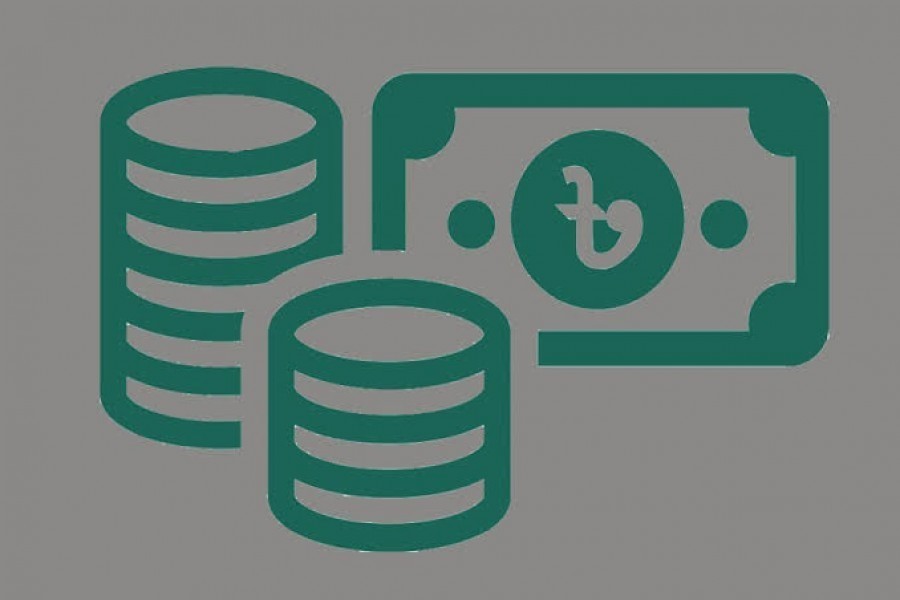Lower gains from undercut SDF no damper
Well-off banks parking surplus funds into state-guaranteed securities

Published :
Updated :

Standing deposit facility (SDF) interest cut cannot dent affluent banks' reliance on the state-guaranteed securities as they are hugely investing surplus funds in the deposit window despite lower gains.
Officials and money-market analysts say the demand on the interbank call-money market dampens due to gradual fall in arbitrary benefits.
On the other hand, banks seem to be cautious about long-term investment as primary dealer (PD) guidelines are expected to be implemented from January next. As a matter of fact, the well-off commercial banks having counterparty limitation park their surplus credits in the low-yielding SDF, according to them.
Earlier on July 15, 2025, the Bangladesh Bank (BB) cut SDF rate by 50 basis points to 8.0 per cent in a move to revitalize the call-money market.
The regulatory market intervention virtually proves futile as the fund switch into the SDF continues mounting as banks find the instrument comfortable under the current economic sluggishness.
According to the central bank statistics, the affluent banks kept Tk 261.47 billion in the SDF in July this year when the regulator pared down the rate.
Since then, the volume had risen to Tk 267.65 billion, Tk 365.32 billion and Tk 669.55 billion in August, September and October respectively.
Seeking anonymity, a BB official says the demand on the call-money market has dropped in recent weeks and the downturn in the weighted average interest rate (WAIR) was the reflection.
"Now, the WAIR dropped to 9.77 per cent from over 10 per cent couple of months ago," he told the FE writer.
The BB official says the central bank's recent fund injections into the market in the form of purchasing the American greenback to stabilise the forex market help many banks overcome liquidity pressure, which also plays a key role in lessening call-money demand.
"Foreign banks are the major participants in the SDF. Now, some state-owned banks are seen parking their surplus funds in the instrument, also called reverse REPO," the central banker says.
According to BB data, call-money transactions dropped to Tk 1.43 trillion in October last from September's count of Tk 1.47 trillion.
Chief Executive Officer of Standard Chartered Bank Naser Ezaz Bijoy says they started depositing day-end surplus funds into the SDF from later last month after completing requisite formalities.
Earlier, he says, they kept the day-end excess funds in the cash forms in the bank's current account with the central bank. "Now, we park funds in-between Tk4.0 billion and Tk5.0 billion per day in the SDF as they have limited counterparty limit," the seasoned banker says, adding that the bank has quite a big trade-confirmation limit.
On condition of not disclosing identity, chief financial officer of a state-owned commercial bank says the banks used to invest in government securities amid business slowdown when the yields was very lucrative and actively participated in the call money to cover the funds.
As the yields keep dropping significantly in recent weeks, he says, the arbitrary benefits of the banks are also squeezing. And the demand fall on the call-money market is the consequence.
The banker notes the new PD guidelines are expected to be implemented from January next. Under the guidelines, only PD banks can participate in the auctions of treasury bills and bonds and it might change the money-market dynamics significantly.
"So, the banks are not interested to park their funds in middle-and long- term investments. They now prefer short-term instrument like SDF. Under the current investment scenario, 8.0 per cent is still higher bets," he adds.
jubairfe1980@gmail.com


 For all latest news, follow The Financial Express Google News channel.
For all latest news, follow The Financial Express Google News channel.